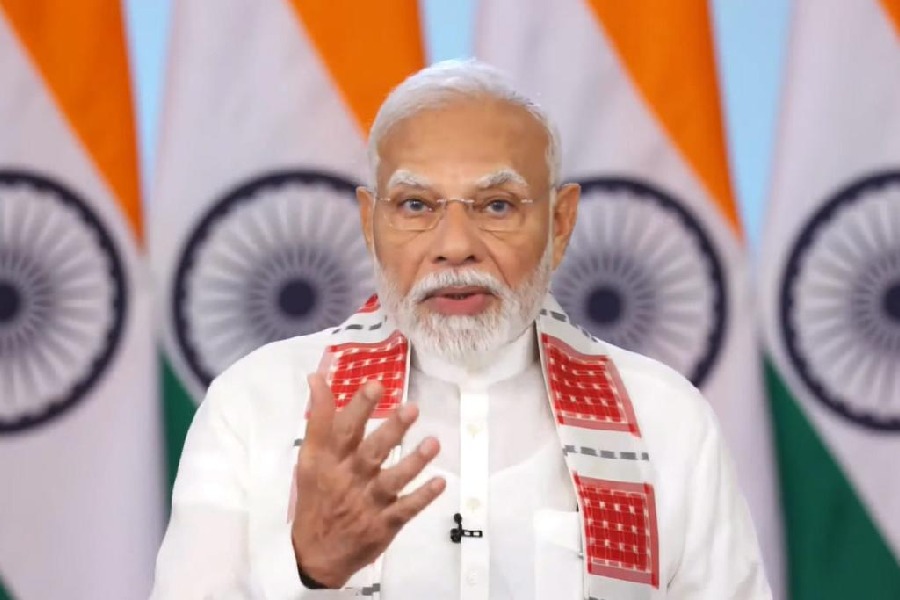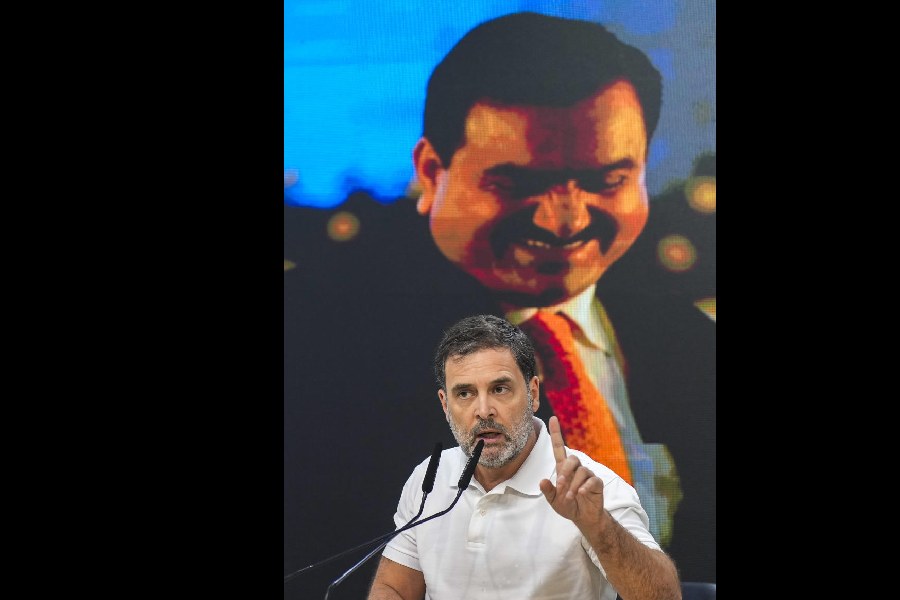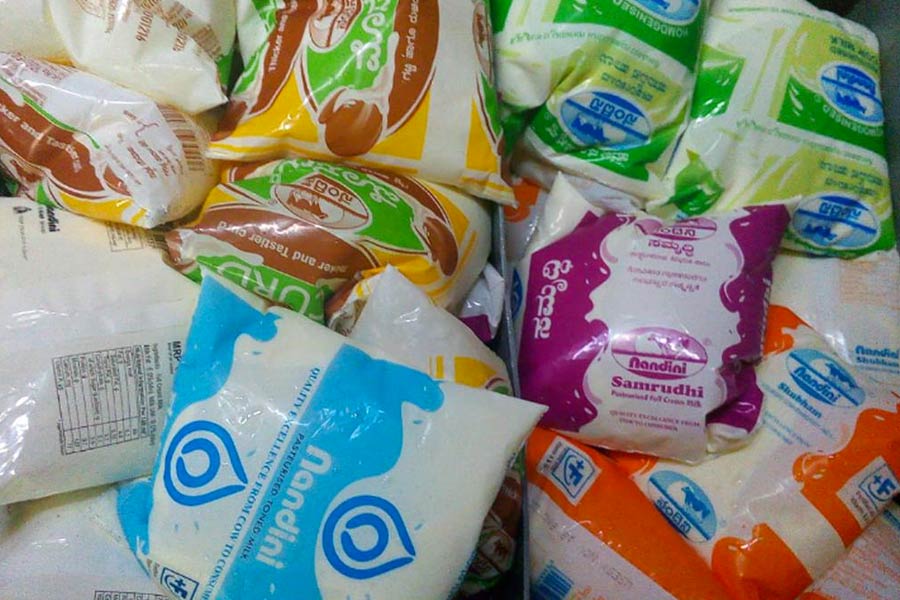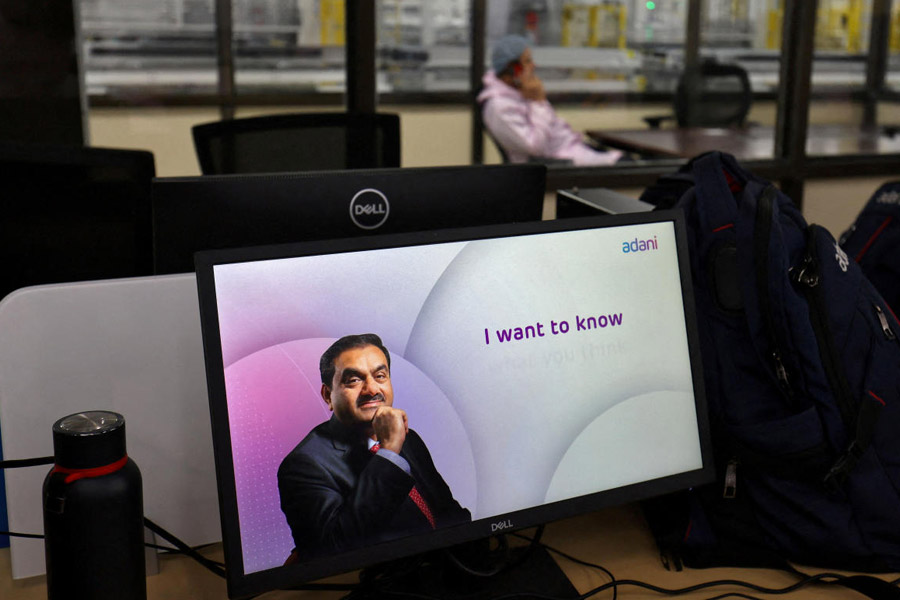The Delhi High Court Wednesday sought response of the Consortium of National Law Universities, Bar Council of India and the Centre on a plea seeking to conduct the Common Law Admission Test- 2024 (CLAT) not only in English but also in other regional languages.
A bench of Chief Justice Satish Chandra Sharma and Justice Subramonium Prasad issued notices to the Consortium of National Law Universities, Bar Council of India and the Centre through the Ministry of Education on the petition and asked them to file their replies within four weeks.
The bench listed the matter for further hearing on May 18.
The Public Interest Litigation, filed by Sudhanshu Pathak who is law student of Delhi University, contended that CLAT (UG) examination “discriminates” and fails to provide a “level playing field” to the students whose educational backgrounds are rooted in regional languages.
“In a hyper-competitive paper, they are linguistically disempowered as they have to surpass the additional hurdle of learning and mastering a new language.
“Naturally, aspirants belonging to English-medium schools have an advantage over their peers belonging to schools operating in Hindi or other vernacular languages. The underprivileged and disempowered aspirants can never view an exam solely based in English as ‘obvious’ unlike their privileged, English-speaking competitors,” senior advocate Jayant Mehta, lawyers Akash Vajpai and Sakshi Raghav, representing the petitioner, said.
The plea said the New Education Policy, 2020 and Right of Children to Free and Compulsory Education Act, 2009 require mother tongue to be the medium of instruction in schools and higher education institutions and it is unfortunate that English as the only medium of CLAT-(UG) is depriving a huge portion of the students, who have studied in their regional or native languages, from opting for the law (5 years LLB) as a course of study.
CLAT-2024 is scheduled to take place in December 2023.
“Through this petition, the petitioner is seeking issuance of an appropriate writ or direction to respondent no.1 (Consortium of National Law Universities) to conduct CLAT-2024 not only in English language but all other regional languages of the Eight schedule of the Constitution of India as practice of taking CLAT (UG) only in English has an element of arbitrariness and discrimination and hence violative of article 14 and 29(2) of the Constitution,” it said.
The plea referred to a recent survey conducted by IDIA Trust (Increasing Diversity by Increasing Access to legal education), indicating that over 95 per cent of all surveyed students came from schools where the medium of instruction was English both at the secondary and higher secondary level.
“This figure has been more or less consistent with the results of the 2013-14 survey wherein 96.77 per cent of the surveyed students came from English medium backgrounds, indicating that proficiency in the English language continues to be a major factor for gaining admission to a top NLU in the country,” it said.
Except for the headline, this story has not been edited by The Telegraph Online staff and has been published from a syndicated feed.











